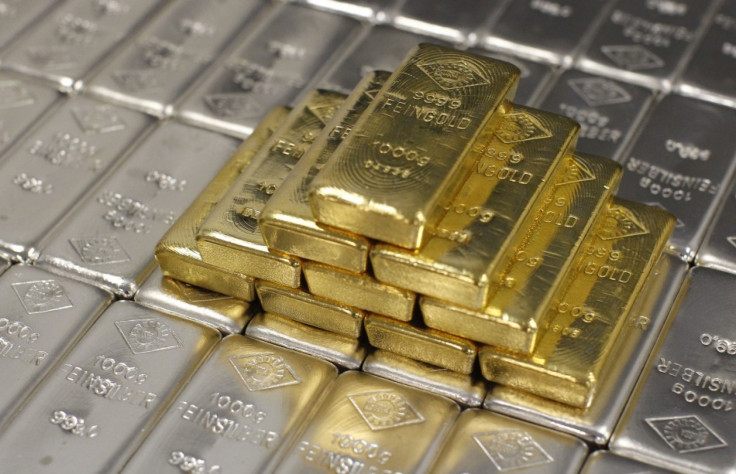Gold, Silver, Platinum and Palladium May Handle a Downturn Better than Other Investments: Analysis

Gold, silver, platinum and palladium, as well as other commodities, generally stand a better chance of handling a global economic downturn than other types of investments, Barclays Capital said Monday.
While the investment house does not expect a repeat of 2008, it says commodities are on a very different footing from two years ago.
Here are four key factors to consider in comparing commodities with other types of investments, according to Barclays Capital.
1. Commodities prices are falling this year from a much lower base than they were falling in 2008: From their June 2008 peak they fell 54 percent to February 2009. This year, however, prices have proven less volatile and the DJ-UBS total return is down by 13 percent since the start of the year.
2. A big jump in production for almost all commodities in the last two years means the cost-driven floor price levels are likely to be more robust in any future downturn than they were in the immediate aftermath of the credit crisis.
3. Demand for commodities is higher now than in 2008. Last year global demand for oil hit an all-time high, while global oil demand growth was the second strongest recorded in 30 years. With the exception of tin, global demand for base metals reached record levels last year.
4. Emerging markets are buying more commodities, is becoming stronger in a number of markets, and is likely to provide a floor to further downside prices.
Our results suggest that those commodities that market participants are likely to view as most exposed to a recession are livestock, gasoil and KBOT wheat, while platinum, cotton, lead, carbon and cocoa are likely to be viewed as more protected, the Barclays note said.
© Copyright IBTimes 2024. All rights reserved.






















